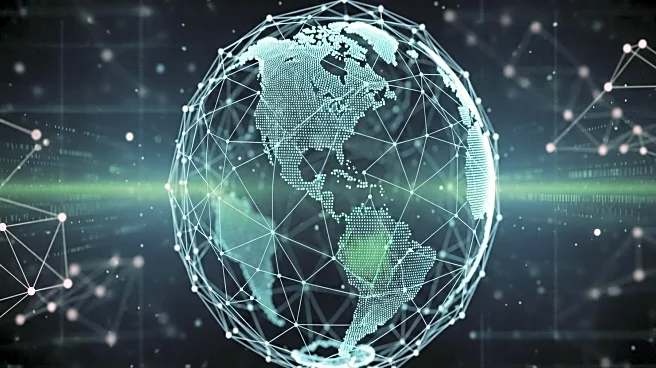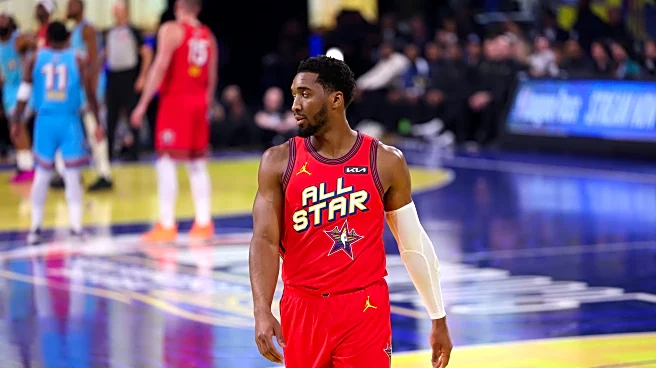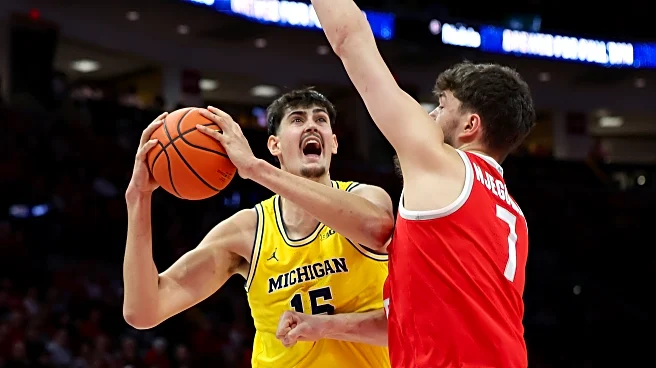What's Happening?
The increasing presence of AI-generated content across the internet is raising concerns among publishers and content creators. AI models are producing articles, music, and even search engine results, which some fear could threaten human-made content and industries such as film, music, and publishing. Penske Media has filed a lawsuit against Google, alleging that its AI Overviews feature uses AI-generated answers that circumvent the need for readers to click on articles, potentially harming traffic to human-produced content. Despite these challenges, some industry leaders remain optimistic that consumers will continue to prefer authentic human-made content.
Why It's Important?
The rise of AI-generated content poses significant challenges for traditional media and publishing industries, which rely on human creativity and journalistic integrity. As AI models become more prevalent, they could disrupt established business models, leading to reduced traffic and revenue for publishers. This shift may also impact consumer trust and the perceived value of content, as AI-generated material often lacks the depth and authenticity of human-produced work. The ongoing legal battles and strategic responses from publishers highlight the urgency of addressing these issues to protect the future of human-made content and maintain industry standards.
What's Next?
Publishers are actively seeking ways to protect their content from AI scraping, including implementing technical measures like blocking AI crawlers and negotiating licensing deals with AI companies. The outcome of legal actions, such as Penske Media's lawsuit against Google, could set important precedents for how AI-generated content is regulated and monetized. As the industry adapts to these changes, stakeholders will need to balance innovation with the preservation of human creativity and journalistic integrity. The evolving landscape may also prompt discussions on ethical standards and the role of AI in content creation.











